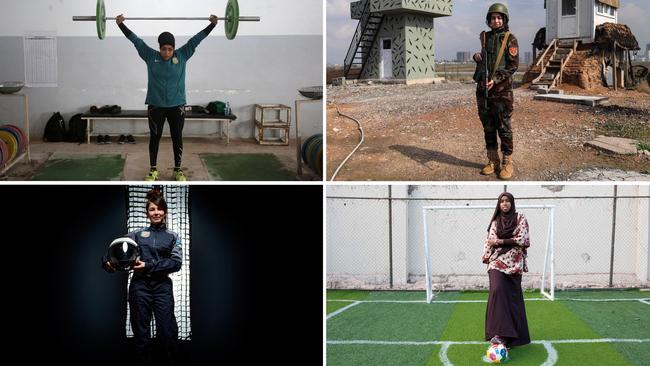Two South Australian women scientists explore Antarctica on Homeward Bound initiative
JOINING an expedition to Antarctica is a childhood dream come true for two South Australian scientists taking part in a global leadership program.
SA News
Don't miss out on the headlines from SA News. Followed categories will be added to My News.
JOINING an expedition to Antarctica is a childhood dream come true for two South Australian scientists taking part in a global leadership program.
The Homeward Bound initiative aims to tackle the paucity of women and scientists in leadership with a 12-month training program that culminates in a three-week expedition to Antarctica.
The group of 78 women from 18 countries travelled from Ushuaia, at the southern tip of Argentina, to Antarctica on the MV IV Ushuaia.
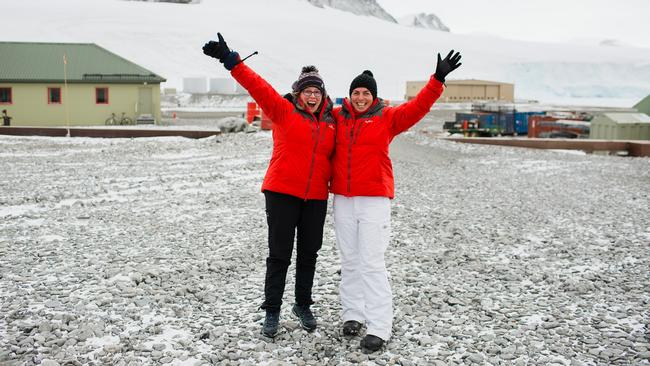
Melissa White, a water allocation planning officer from the Department of Environment, Water and Natural Resources, said she first knew she wanted to go to Antarctica at school.
“Growing up and watching David Attenborough in my high school biology classroom, I knew that one day I wanted to go to Antarctica,” she said.
“Twenty years later I am now making that journey.”
The adventurous freshwater ecologist confessed an “in-built curiosity for anything Antarctica” drove her to apply for the inspiring Homeward Bound leadership program.
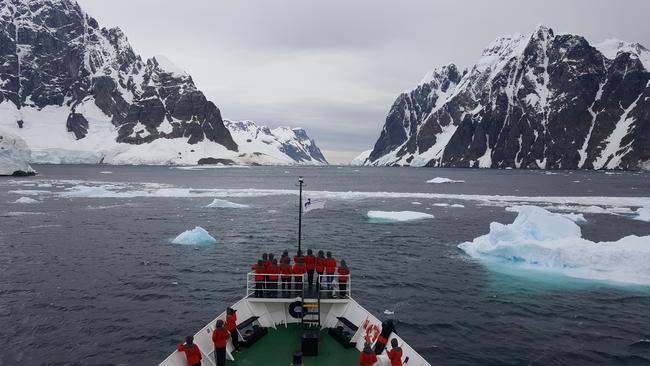
This week the expeditioners pushed through the sea-ice waters of The Gullet, north of Marguerite Bay (on the west side of the Antarctic Peninsula, which is bounded on the north by Adelaide Island).
“I like to think it’s been the collective energy of 80 women who have helped our ship break through this sea-ice passage,” Ms White said.
“Collectively we will break through and reshape how the world sees their leaders and what it means when a woman is a leader in her science field.”
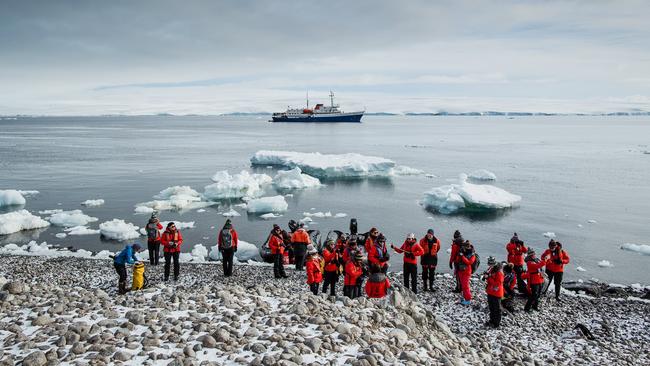
Environmental engineer Laura Trotta has been dreaming of Antarctica “since the age of eight, when my uncle first worked as an engineer with the Australian Antarctic Division”.
“It’s been a lifetime dream of mine to work in Antarctica as a scientist and share my experiences with the world,” she said.
Challenges such as climate change and the destruction of our natural environment call for greater involvement of women in science, engineering and decision-making at the highest levels, Ms Trotta said.
“I believe the world needs more women to stand up and lead with conviction now, more than ever before,” she said.
“I also believe we have the best chance of a positive future when strong women band together and become a unified front.”
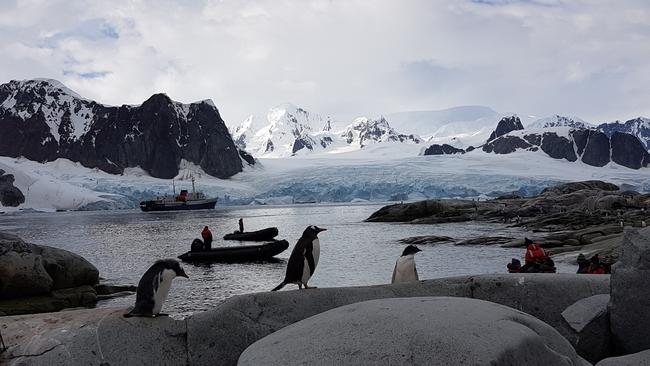
The expedition is an annual event, with a new cohort of women selected each year for 10 years from 2016. The latest group is expected to return to Argentina on Sunday and Australia next week.

